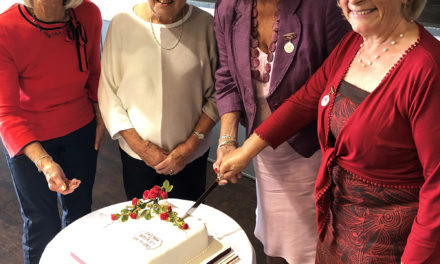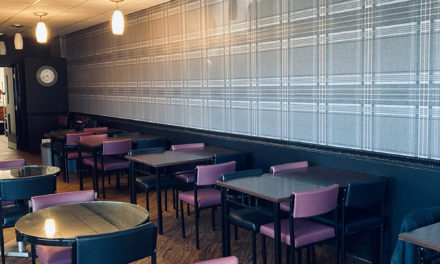Last week’s Durham County Council Cabinet meeting was held at Bowes Museum in Barnard Castle. I have asked that in future a Cabinet meeting might be held in Newton Aycliffe, so that we can bring some of our local issues to the Cabinet’s attention.
The first item on the agenda was the Medium Term Financial Plan. Rate Support Grant is to be cut by £100million over the next three years, and the government has also announced further cuts to the Education Grant and the New Housing Bonus. This means that – despite authorising an extra £15m of savings – the Council now finds it has a further £63m of cuts to make this year. http://bit.ly/DCCMTFP
Two further items on the Agenda gave a taster of the kind of decisions these cuts are going to force upon the Council:
First was a review of the Council’s non-residential charging policy. In future, users of non-residential care services with savings over £23,250 will be asked to meet the full cost of their non-residential care (which could amount to a maximum of £336.17 a week), until their savings fall below the threshold. The comments in the consultation on this make painful reading. But Cabinet members explained that just 190 people across the county will be affected, that all other North East authorities have adopted the same policy … and that the policy will save £200,000 a year. http://bit.ly/DCCN-RCharging
A consultation (17 October to 19 January) on whether to close, transfer, or maintain the last five Council-run residential care homes. Cabinet acknowledged the disruption to staff and residents, but pointed out that one of these homes is unsafe and empty, that the five homes together offer only 88 places (and currently have only 49 residents), that there are plenty free spaces in the private sector, and that Council care homes are increasingly inappropriate in a world which wants care-in-the-home and high-quality care settings. It was also pointed out that care in a private home costs the Council £474 a week; care in a Council-run home averages £838 a week. http://bit.ly/DCCCareHomes
The Council does not want to make these cuts; the problem is simply that by 2018 the government will have reduced by £222 million pa the money it is giving the Council to spend, and the Council can only spend what it has. The Council is trying to make sure that it makes its changes in expenditure in close consultation with the people – there will be a participatory event in Aycliffe on Saturday 23 November at which people will be able to experience the budget-setting problem, and identify their priorities.
There were three other items on the Agenda you need to know about.
First was the Newton Aycliffe Masterplan. Cabinet celebrated Aycliffe’s Beveridge heritage, but were more excited by town’s prospects, and admired the energy being shown by the Aycliffe business community. This Plan will give the confidence – and attract the inward investment – to allow the town and Business Park to grow. Public investment in the town will be £16m with the potential to generate up to £224m over the next 30 years. http://bit.ly/DCCNAM
Next was notice of a consultation (10 October to 2 January) on revising the Council’s licensing policy. This is a major issue for the well-being of our community – licensing seeks to balance the legitimate needs of business against the community’s need to prevent crime, disorder and nuisance, to keep children from harm. http://bit.ly/DCCLic
Finally, Cabinet also heard an update on Public Health Reform – vital, now that the County Council has responsibility for certain public health issues. http://bit.ly/DCCHUpdate
JCL









